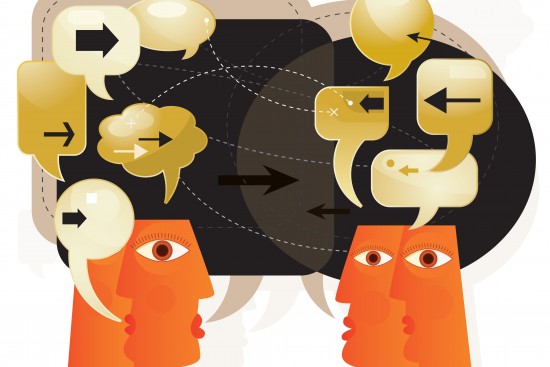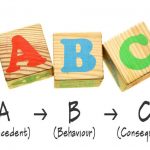“Back to basics, and then beyond”: a post-CBT future… to process based therapy?
What is the future of CBT? For two leading researchers, the future could be that science and practice goes beyond the “alphabet soup” of branded therapies, to process based CBT. Steven Hayes and Stefan Hofmann have shared a fascinating video, discussing their views on the third wave, process based CBT, and the future of evidence-based …
Continue reading ‘“Back to basics, and then beyond”: a post-CBT future… to process based therapy?’ »



